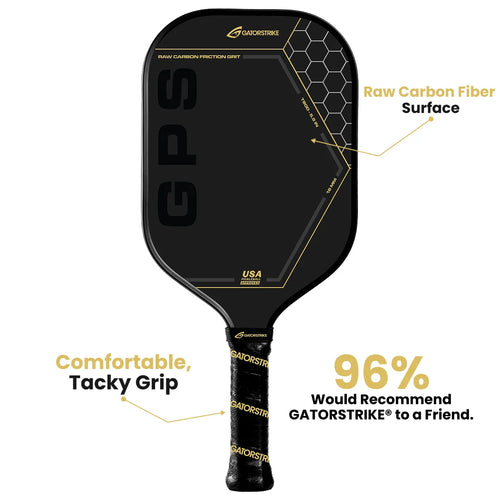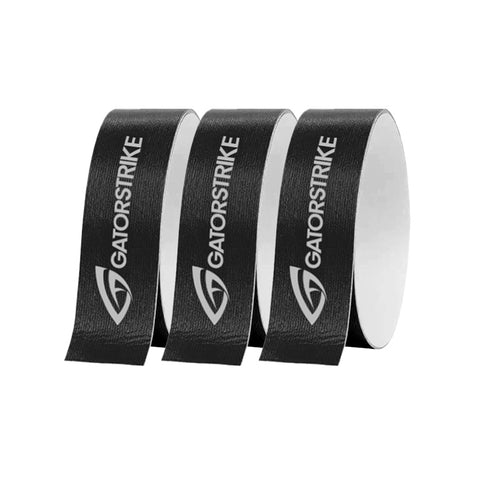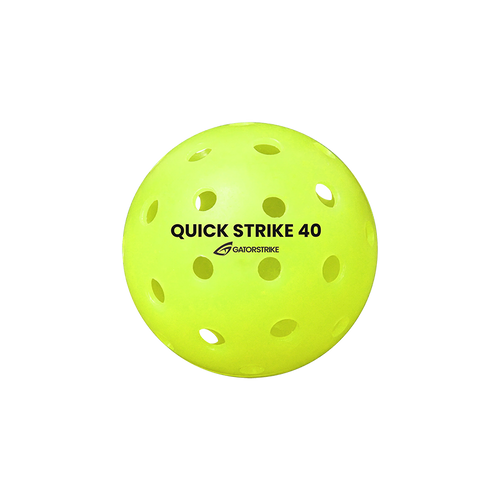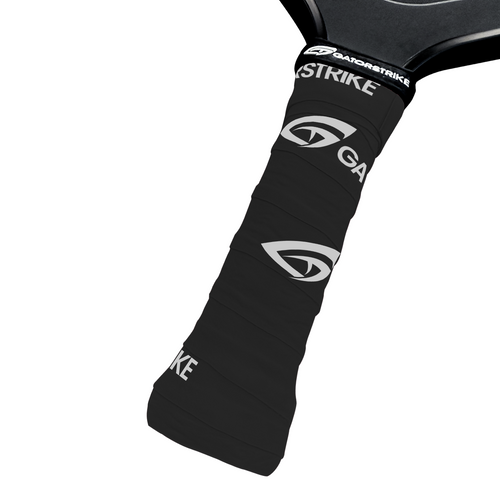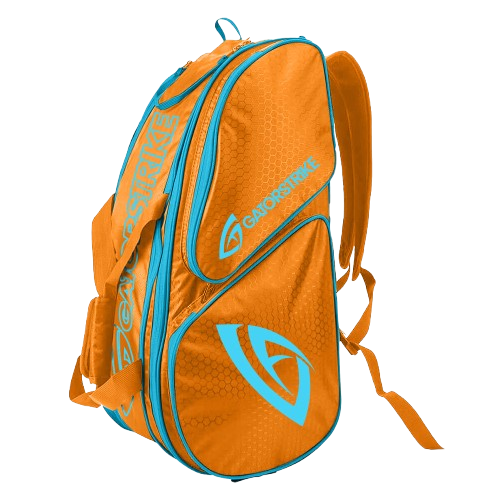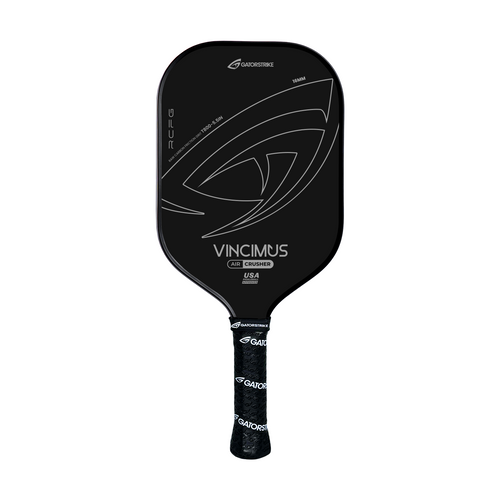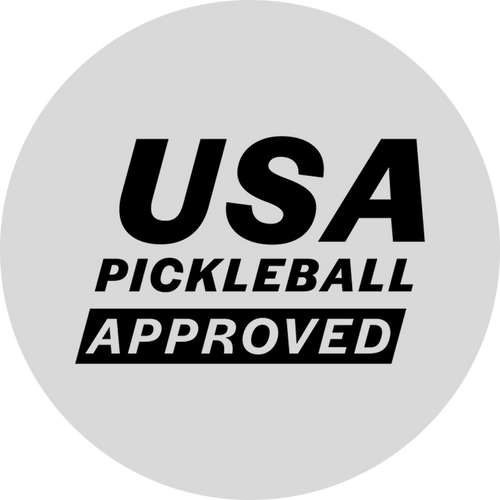
Building Mental Toughness for Pickleball Success
Share
In pickleball, physical skills matter, but mental strength is the true linchpin of success. Mental toughness means staying composed under pressure, handling setbacks with grit, and maintaining focus when the stakes are high. It’s the difference-maker in overcoming challenges and reaching your potential on the court. Let’s explore the elements of mental toughness and how to build it for an unbreakable pickleball mindset.
1. Developing a Resilient Mindset
Mental resilience is the backbone of mental toughness. In pickleball, the pressure of competition can feel intense, but a resilient mindset helps you recover from setbacks quickly. When you miss a shot or face a skilled opponent, remind yourself that every point is an opportunity to improve. Bounce back quickly and focus on the next rally rather than dwelling on errors. By learning to adapt and recover, you strengthen your resilience and prepare for the next point with a clear mind.
2. Practicing Consistent Focus
Focus is essential in pickleball, where games are won by inches and seconds. To train focus, develop habits that anchor you in the present moment. Between points, practice resetting with a breath or a positive phrase like “next shot, best shot.” This simple routine helps you filter out distractions and stay locked into the game. Practice mindfulness off the court as well, through meditation or breathing exercises, to improve concentration and sharpen your focus in high-stress situations.
3. Embracing the Growth Mindset
A growth mindset—a belief that you can improve through effort—is a powerful tool in pickleball. A loss or missed shot doesn’t define you; it’s a chance to learn. Embrace each challenge, no matter how tough, as part of your development. Instead of saying, “I’ll never hit that shot,” try, “With practice, I can master that shot.” This mindset not only helps you play better but also makes you more resilient, less prone to frustration, and more willing to keep pushing.
4. Managing Nerves with Controlled Breathing
Controlled breathing is an often-overlooked aspect of mental toughness. It can be difficult to stay calm in close matches, but by regulating your breathing, you can lower anxiety and boost focus. Try “box breathing”: inhale for four counts, hold for four, exhale for four, and hold again. This breathing pattern activates your parasympathetic nervous system, counteracting stress and keeping you calm. Incorporate this practice into your daily routine so it feels natural when you need it most.
5. Practicing Self-Compassion
Pickleball is a challenging game, and everyone makes mistakes. Self-compassion, or treating yourself with kindness rather than harsh criticism, builds mental toughness by reducing negative self-talk. If you make an error, avoid beating yourself up. Instead, tell yourself, “It’s part of the game; I’ll improve on the next point.” Practicing self-compassion helps you bounce back faster and keeps your head in the game, increasing your resilience and confidence over time.
6. Setting Clear, Achievable Goals
Goal-setting is essential for motivation and progress. Break down your goals into small, actionable steps, like mastering a specific shot or improving endurance. Each small goal achieved boosts confidence, reinforcing your belief in your abilities. Before a match, set a clear intention for what you want to accomplish, whether it’s maintaining focus, improving shot placement, or controlling emotions. When goals are clear and achievable, they help you stay motivated and mentally strong, even when matches get tough.
7. Building Confidence Through Visualization
Visualization is a powerful tool for building confidence and mental toughness. Close your eyes and visualize yourself performing well—making successful shots, moving fluidly, and staying calm under pressure. By repeatedly picturing success, you create positive mental imagery that strengthens confidence and improves performance. Visualize every detail, from your paddle grip to your footwork, as if you’re on the court. This mental rehearsal helps you approach each game with a winning mindset.
8. Accepting the Unpredictable
Pickleball, like life, can be unpredictable. Bounces, wind, or your opponent’s unexpected shots are beyond your control. Mentally tough players embrace this uncertainty and adapt. Remind yourself that not every point will go as planned, and stay open to the unexpected. By focusing on what you can control—your reaction, your strategy, and your attitude—you’ll stay more grounded and less affected by external factors, which makes you a stronger player overall.
Conclusion
Building mental toughness for pickleball isn’t just about winning games; it’s about creating a resilient mindset that can handle any challenge. By focusing on resilience, self-compassion, controlled breathing, and visualization, you’ll develop a mental edge that sets you apart. Remember, mental toughness isn’t built in a day; it’s a gradual process that strengthens with each practice and match. Embrace these strategies, and watch your game—and mindset—reach new heights
